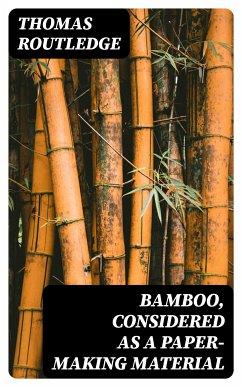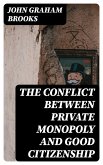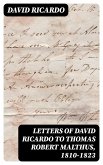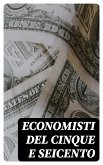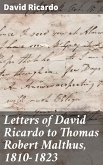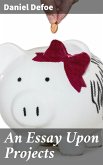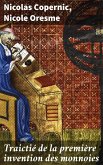In 'Bamboo, Considered as a Paper-making Material', Thomas Routledge explores the intricate process of utilizing bamboo for paper production. The book delves into the historical significance of bamboo in various cultures, its physical properties that make it suitable for paper-making, and the environmental benefits of using bamboo as a sustainable resource. Routledge's scholarly approach is evident in his detailed descriptions of bamboo processing techniques and its transformation into high-quality paper. This work is a valuable contribution to the study of alternative materials in paper-making, bridging the gap between traditional methods and modern innovations in the industry. Thomas Routledge, a renowned expert in the field of sustainable materials, draws upon his extensive research and practical experience to offer a comprehensive analysis of bamboo as a viable material for paper production. His passion for environmental conservation and commitment to promoting eco-friendly practices are evident in his meticulous exploration of the subject matter. I highly recommend 'Bamboo, Considered as a Paper-making Material' to readers interested in sustainable living, paper-making processes, and the utilization of natural resources for manufacturing. Routledge's intriguing insights and informative narrative make this book essential reading for those seeking a deeper understanding of the potential of bamboo in the paper industry.
Dieser Download kann aus rechtlichen Gründen nur mit Rechnungsadresse in A, B, BG, CY, CZ, D, DK, EW, E, FIN, F, GR, H, IRL, I, LT, L, LR, M, NL, PL, P, R, S, SLO, SK ausgeliefert werden.

